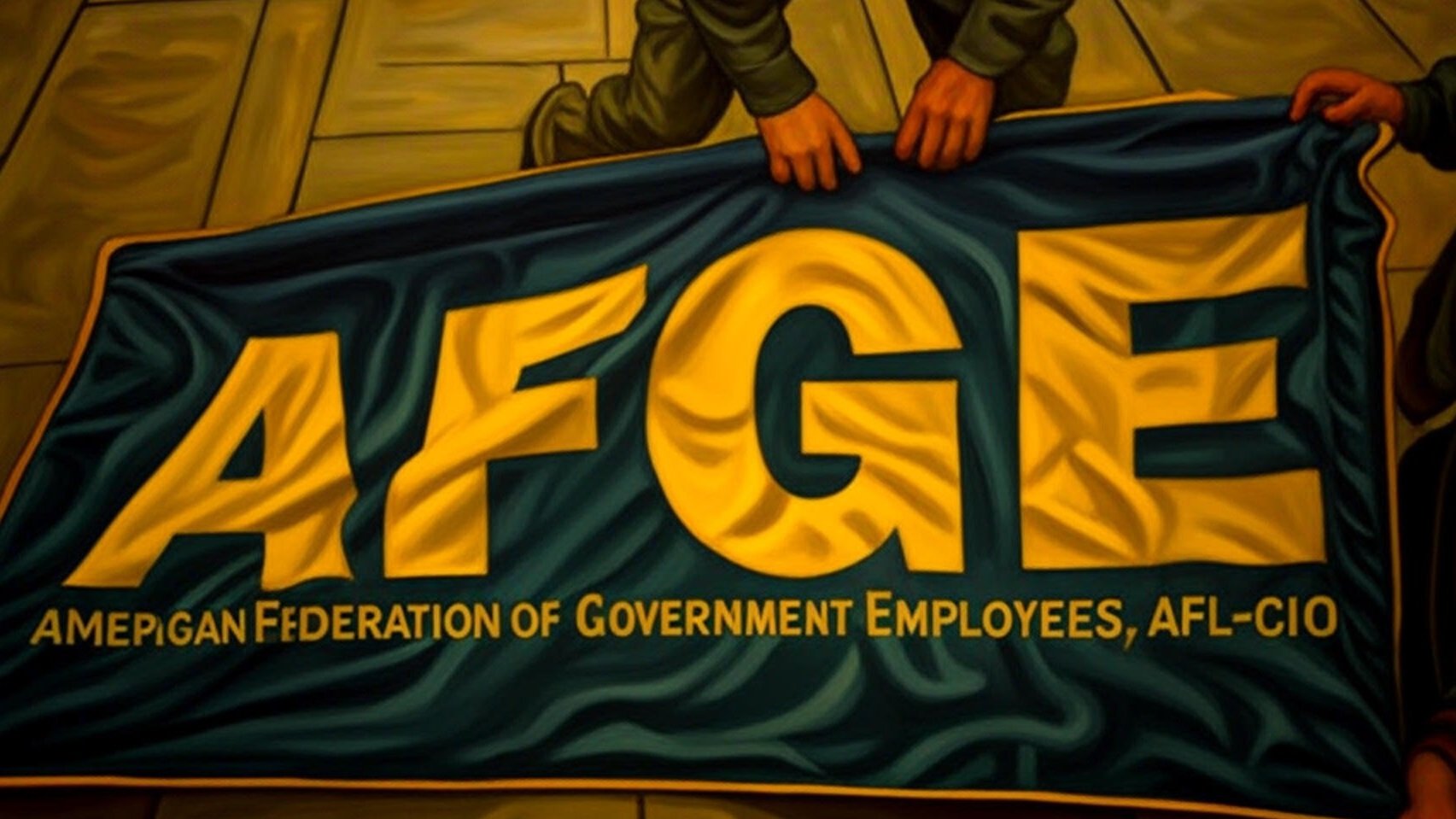Transgender Bathroom Case Reaches Supreme Court’s Emergency Docket
The Supreme Court is once again being asked to weigh in on the contentious issue of transgender rights, this time in the context of student bathroom access. An emergency request from South Carolina has landed on the Court's docket, and the decision could have far-reaching implications.
Background of the Case
The case revolves around a South Carolina law that mandates students use public school bathrooms corresponding to their sex assigned at birth. A transgender male student, identified as John Doe, challenged this law, arguing it violates the Equal Protection Clause of the Constitution and Title IX, a federal law prohibiting sex-based discrimination in education.
After a federal district court initially paused the case, the U.S. Court of Appeals for the 4th Circuit intervened, issuing an order that requires the school district to allow Doe to use the boys' bathroom while the legal battle continues. It is this order that the state of South Carolina is now asking the Supreme Court to block.
What Each Side Wants
South Carolina's Position: The state, representing the school district, argues that it is caught in an impossible situation. It points to the Supreme Court's recent decision in United States v. Skrmetti, which dealt with a similar issue, as a reason to pause the 4th Circuit's order. South Carolina contends that the 4th Circuit's ruling is an outlier and that without Supreme Court intervention, the state, the school district, and its students will face "actual, ongoing, material harms."
The Student's Position: John Doe's argument is straightforward: the state law is discriminatory and causes him harm. He wants the 4th Circuit's order to remain in effect, allowing him to use the bathroom that aligns with his gender identity while his case against the law proceeds.
Ramifications of the Court's Decision
This emergency request is seen as an early test of the broader impact of the Court's decision in Skrmetti. The justices' decision on whether to grant South Carolina's request will hinge in part on their assessment of who is more likely to ultimately win the case.
The Supreme Court has asked for a response from the student's legal team by September 5th. Their decision, whichever way it goes, will not only determine where this one student can go to the bathroom but will also signal how the Court may approach the growing number of similar cases across the country, further shaping the legal landscape of transgender rights.






In a significant policy shift, federal prosecutors in the District of Columbia have been directed to stop bringing felony charges against individuals solely for carrying rifles or shotguns. The new directive, confirmed by U.S. Attorney for D.C. Jeanine Pirro, stems from a Justice Department determination that the city's longstanding ban on the public carry of long guns is unconstitutional in light of recent Supreme Court precedent.